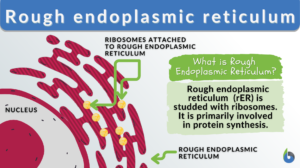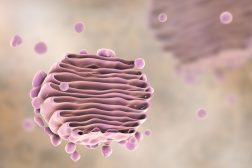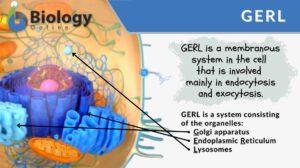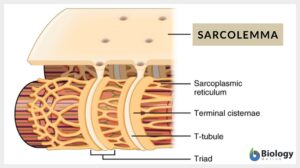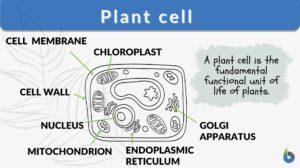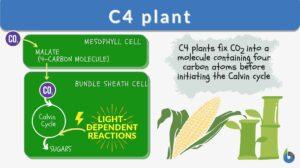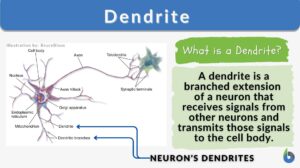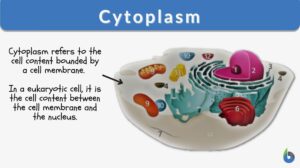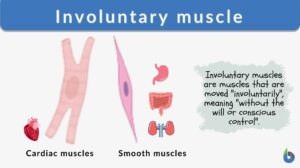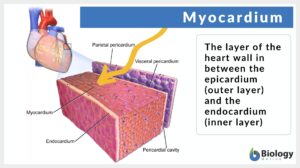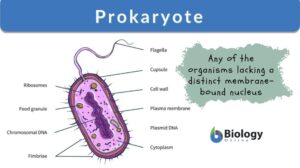Search Results for: reticulum
Endoplasmic reticulum
Endoplasmic Reticulum Definition The endoplasmic reticulum is a membrane-bound organelle in cells of eukaryotic cells... Read More
Smooth endoplasmic reticulum
Smooth Endoplasmic Reticulum Definition Smooth endoplasmic reticulum (sER) is part of or a region in the endoplasmic... Read More
Rough endoplasmic reticulum
Rough Endoplasmic Reticulum Definition The rough endoplasmic reticulum (rough ER or rER) is a membrane-bound organelle... Read More
Sarcoplasmic reticulum
Definition noun plural: sarcoplasmic reticula (cell biology) The special type of smooth endoplasmic reticulum found in... Read More
Endomembrane system
Ever wondered how biomolecules are made within the cell and then they are released outside the cell for use by the body?... Read More
Role of Golgi Apparatus & Endoplasmic Reticulum in Protein Synthesis
Continued from the previous tutorial that introduces protein synthesis... mRNA and tRNA mRNA leaves the nucleus and enters... Read More
Golgi apparatus
Golgi Apparatus Definition The Golgi apparatus is a membrane-bound organelle in eukaryotic cells. It plays a crucial role... Read More
Sarcolemma
Sarcolemma Definition What is the sarcolemma? It is the thin, transparent, extensible plasma membrane of the muscle cell.... Read More
Cell Structure
The interior of human cells is divided into the nucleus and the cytoplasm. The nucleus is a spherical or oval-shaped... Read More
Plant Cells vs. Animal Cells
Plant Cells Most cells are not visible with the naked eye. However, with microscopes of various types, plant cells can be... Read More
Eukaryotic cells
Eukaryotic Cells Definition What is a eukaryotic cell? Eukaryotic cells refer to the cells of (or derived from) eukaryotes,... Read More
Endomembrane
Definition noun, plural: endomembranes The membraneous components in a cell, i.e. nuclear envelope, endoplasmic reticulum,... Read More
Biological Cell Introduction
It only takes one biological cell to create an organism. In fact, there are countless species of single-celled organisms,... Read More
Alimentary canal
Definition of Alimentary canal What is the alimentary canal? The alimentary canal is a muscular hollow continuous tubular... Read More
Mitochondrion
Mitochondrion Definition What are mitochondria? The term “mitochondrion” comes from the two words of the Greek... Read More
Plant cell
Plant Cell Definition A plant cell refers to any cell of a plant. It is the structural and functional unit of plants. Plant... Read More
Glycosylation
Definition noun A biochemical process where a glycan attaches to a protein, a lipid, or other organic molecule, especially... Read More
Animal cell
An animal cell is the fundamental functional unit of life of animals. It is also the basic unit of reproduction. Animal... Read More
Perinuclear space
Definition noun plural: perinuclear spaces per·i·nu·cle·ar space The space or gap between the inner and outer... Read More
Involuntary muscle
A muscle act typically either under the control of the will or without conscious control. Muscles that can be controlled at... Read More
Signal peptide
Definition noun An extra-peptide extension found at the amino terminus of a nascent protein, and functions by prompting the... Read More
Myocardium
Myocardium Definition What is the myocardium of the heart? It is the muscular middle layer of the heart that is... Read More
Prokaryote
Prokaryote refers to any of the group of living organisms primarily characterized by the lack of a true nucleus and other... Read More
Signal sequence
Definition noun A sequence of amino acid residues bound at the amino terminus of a nascent protein during protein... Read More
Nuclear envelope
Definition noun plural: nuclear envelopes nu·cle·ar en·ve·lope, ˈn(j)ukliɚ ˈɛn.və.ləʊp The two layered membrane... Read More
Gluconeogenesis
Definition noun The metabolic process in which glucose is formed from non-carbohydrate precursors Supplement Glucose is an... Read More


